SUMMARY
This is AI generated summarization, which may have errors. For context, always refer to the full article.
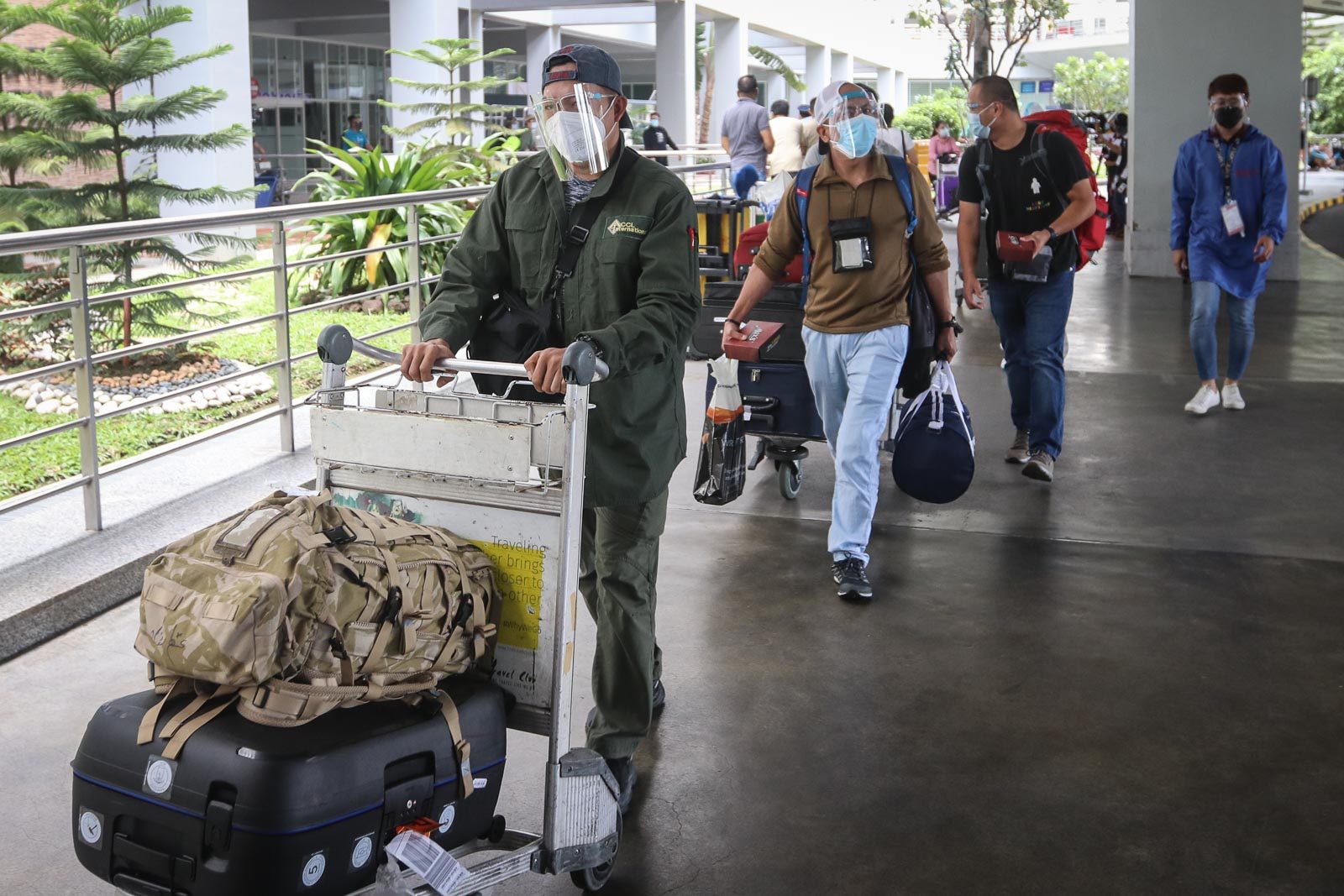
The Department of Labor and Employment (DOLE) adopted a plan, launched together with migrant workers’ groups and other stakeholders, that aims to curb illegal recruitment practices targeting overseas Filipino workers (OFWs) within three to five years.
The DOLE adopted the “first-ever” National Action Plan to Mainstream Fair and Ethical Recruitment (NAP-FER) on Thursday, November 11.
The labor department launched the plan in collaboration with the International Organization for Migration (IOM), the Blas F. Ople Policy Center, and the Global Fund to End Modern Slavery.
These are some of NAP-FER’s objectives:
- Develop an incentives framework to strengthen the registration and licensing system for overseas labor recruiters
- Develop a Code of Ethical Standards for Overseas Labor Recruitment, and have it adopted by private recruitment agencies
- Develop and disseminate due diligence and self-assessment tools to enhance and streamline current policies
- Implement continuous capacity-building on fair and ethical recruitment principles and standards
- Conduct broad information, education, and communication campaigns to raise awareness about legal recruitment processes, the risks of illegal recruitment and human trafficking, and workers’ rights and responsibilities
- Improve existing mechanisms for reporting, monitoring, and catering to OFWs’ concerns and grievances, as well as address gaps in OFWs’ access to such mechanisms
- Advocate for further policy or legislative measures that would institutionalize fair and ethical recruitment
Upon the adoption of the plan, recruitment agencies will also be required to ensure that OFWs will not face unjustified fees and contract violations.
The plan also outlines the need for digital solutions to monitor welfare cases to guarantee prompt action by private recruitment firms and concerned government agencies.
Labor Secretary Silvestre Bello III said he now anticipates a “steady decrease in welfare cases involving OFWs.”
“With the National Action Plan, we commit to sustain and redouble our efforts to enhance the protection of our fellow Filipinos working abroad by making ethical recruitment a cornerstone of our policy initiatives and strategies in the years to come,” Bello said.
The IOM said in Thursday’s launch that the plan had medium-term objectives, which would see full activation by a targeted three to five years.
“Our domestic workers rely on the sincerity and ability of their recruitment agencies in identifying the best employers for them. And if for some reason, their rights as workers are being violated, these workers need not beg their agencies to help them out,” said Blas F. Ople Policy Center president Susan Ople.
“By mainstreaming fair and ethical recruitment standards, we believe that more agencies would be encouraged to take on the role as guardians of our workers’ rights and dignity from Day 1 of the recruitment process,” she added.
Despite the drop in overseas deployment due to the coronavirus pandemic, the Philippine Overseas Employment Administration (POEA) still reported 57 cases of illegal recruitment to the Department of Justice from January to October 2021.
The POEA also recorded more than 7,000 cases involving OFW grievances from 2019 to 2021.

In February, Bello admitted that the Philippines has had a low conviction rate for illegal recruiters because of “willing victims” and “high-tech” practices. – Rappler.com
Add a comment
How does this make you feel?
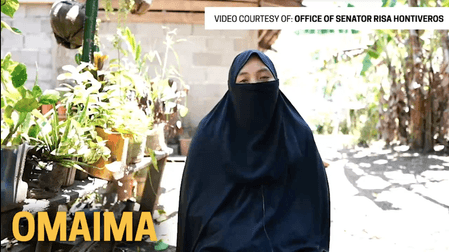

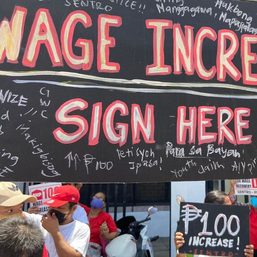
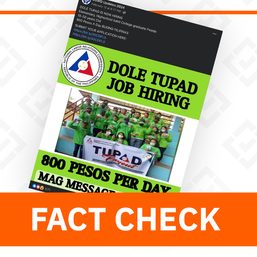





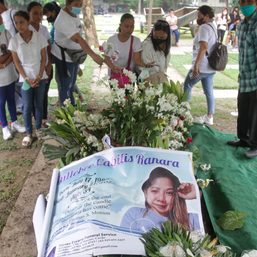


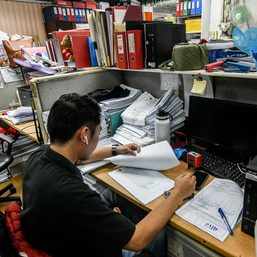

![[ANALYSIS] A new advocacy in race to financial literacy](https://www.rappler.com/tachyon/2024/04/advocacy-race-financial-literacy-April-19-2024.jpg?resize=257%2C257&crop_strategy=attention)
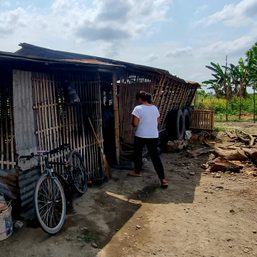
There are no comments yet. Add your comment to start the conversation.